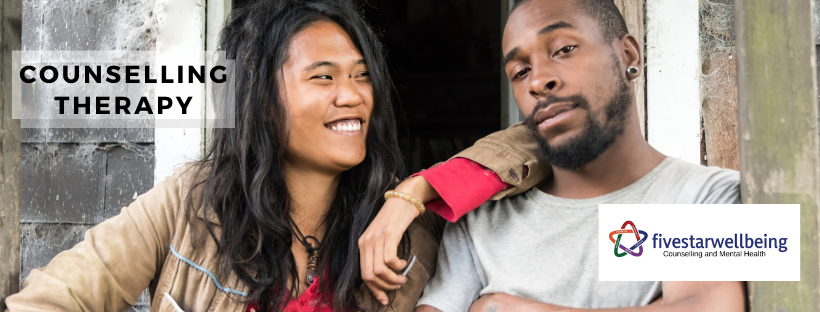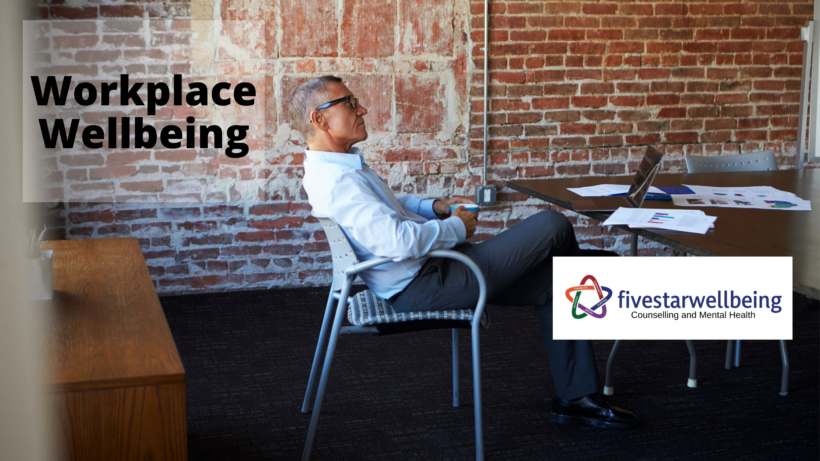Whenever you see a young person struggling ask yourself, are they Dad enriched, or Dad deprived?
I met with a young girl whose mom had recently separated from her boyfriend of two years, a man she had come to know as Dad. As the two adults divided their lives, neither adult recognized the grief the young girl was experiencing. Even she herself appeared to be unaware of the role he had taken up in her life, until I asked about him and she broke down into tears.
Fathers Day is an important time to reflect on the often forgotten role Dads play in the wellbeing and mental health of kids and youth. An engaged father’s presence can be a significant contributor to the development of competent and confident young adults. The absence of a father can leave them feeling disconnected and wondering why they are unloved.
Counselling fathers of divorced men whose time with their children has been significantly diminished, reveals that men suffer deeply from the absence of involvement in their children’s lives. They are often caught in a double bind of being blamed for not spending enough time with their kids, while needing to work longer hours to provide family support.
Dad Deprived Kids and Mental Health
Few doubt the vital role mothers play, but little attention is given to the significance of the father. While men and women, on average, are more alike than they are different, those differences matter. Fathers act, play, set boundaries and teach in ways that differ significantly from mothers. But because men tend to be less effective communicators, they also struggle to articulate the importance of their parenting role.
Fatherless kids and disengaged fathers leave kids more prone to mental health problems. Mental illness affects 1.2 million children and youth in Canada. By age 25, that number rises to 7.5 million or 1 in 5 Canadians. The role of genes is less significant when it comes to mental illnesses like anxiety and depression, compared with the family environment kids grow up in.
Dad deprived girls have 14% shorter telomeres by age 9, a key genetic component that predicts lifespan. For boys that number rises to 40%. The presence of fathers increases a child’s economic future, emotional intelligence, marital potential and social skills.
Being deprived of a father hurts our daughters in other ways. In one study, 1 out of 3 of women raised by teenage moms, became teenage mothers. But for those who reported a good relationship with their biological father, none became teenage mothers.
For boys, a strong connection has been found between boys gang involvement, becoming Isis fighters and mass shooters. They have one thing in common: “absent father syndrome.”
What Dads Do Different
Dads play a unique role in the Wellbeing of children and youth.
Play. Research shows that fathers tend to teach and model through activity and play. For example, fathers are more likely to turn day-to-day chores and activities into play. They do this across situations and circumstances; at home, at the park, while shopping or at a restaurant.
Healthy Boundaries. These play-based situations require Dads to reinforce boundaries that teach kids important social cues, like what language, behaviour, and level of physicality are appropriate. During such games, children develop skills that foster delayed gratification, emotional regulation, reciprocity and persistence. All play important roles in the prevention of ADHD.
Exploring Nature. Dads are also more inclined to involve the kids in adventure-based activities that include exploring nature and risk-taking. Both of these help kids learn to manage uncertainty, fear and anxiety.
Roughhousing. Dads, on average, are more likely to engage in roughhouse, resulting in increased physical energy, laughter, spontaneity and playful banter all of which teach kids important skills. Kids learn to read and react to the needs of others, understand personal boundaries and learn individual preferences and limits. While roughhousing today is discouraged publicly everywhere outside of sport or martial arts, dads intuitively know this type of play is a necessary lesson in reading emotional cues, testing one's limits, overcoming obstacles and increasing resilience.
Teasing: Teasing today is often discouraged in an effort to avoid hurt feelings. But there is a significant difference between playful teasing and harmful bullying. Teasing, playful humour and wit are higher order creative and social skills. They prepare kids to take constructive feedback at school and in the workplace and can be a helpful and productive way of training kids to handle criticism, an essential skill that comes with being successful.
The Benefits of a Dad Enriched Childhood
A young man I’m working with is regularly caught in the middle of a high conflict divorce between his two parents. At his home, dad has rigid expectations while at mom’s, there are few boundaries. This inconsistency skews his perception of what reasonable expectations may be for someone his age at home, at school and in the community.
Many believe fatherless children fail to thrive because single moms struggle financially and are time deprived. But research shows that even when race, education, income, and other socioeconomic factors are considered, living without a dad doubles a child's chance of dropping out of high school. More surprisingly, 85% of men in US prisons grew up in a fatherless home.
The presence of a dad in a child’s life is related to positive outcomes across the lifespan including positive school achievement, increased employment and reduced substance use, violent crime, poverty, hypertension and suicide reduction.
Students coming from Dad Enriched families score higher in math and science even if they attend weaker schools. In homes with significantly lower income, the presence of a father reduces the rates of violent crime among boys.
The role of a father can take the form of a biological dad, step dad, uncle, neighbor or cousin. It’s essential that we support community mentoring and coaching programs that connect kids with positive male role models, as well as providing young dads with parenting support and awareness of child development.
Dads play an important role in the healthy development of our kids, in the relationships they will have, and as the parents they will someday become.
This week, get in touch with a father figure, a mentor, or role model who played an important part in your childhood. Tell them how they made an impact in your life.
Take Good Care,
Derrick
Wellbeing Assessment
Our Services
Our mindfulness-based approach to counselling therapy focuses on promoting your wellbeing and mental health so you can enjoy life more fully.
When you improve employee wellbeing and mental health, you improve the lives of your employees, boost morale and your bottom line.
About the Author:
Derrick McEachern is a Registered Counselling Therapist (RCT) in Nova Scotia, and a Canadian Certified Counsellor. He specializes in providing mindfulness-based cognitive therapy in the areas of addiction, healthy relationships, grief and loss, and career and life transitions. He offers workshops and webinars and consults with businesses on ways to improve employee wellbeing and mental health.
Derrick McEachern, M.Ed., RCT, CCC
Counselling Therapist, Owner
Five Star Wellbeing Counselling and Mental Health
tel: 902 698 1194
[email protected]
https://fivestarwellbeing.com










